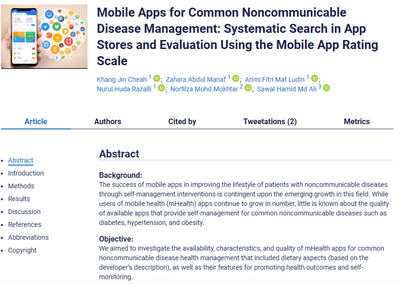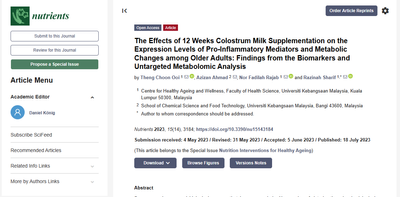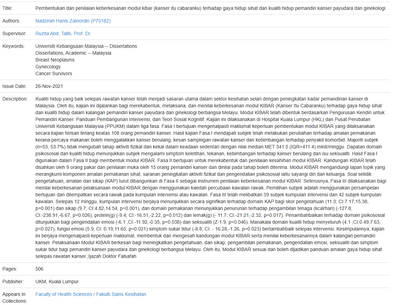2100+ Freelance Proofreader from 205+ cities in India are available for your service.
1
Requirements Details
2
Your Details
1
Requirements Details
2
Your Details
Featured Projects

Featured Project
U

December, 2022
Proofreader

Featured Project
D
May, 2023
Proofreader

Featured Project
N
October, 2021
ProofreaderTranslator

Featured Project
N
September, 2023
Proofreader

Featured Project
M
December, 2022
Proofreader
Hire Freelance Proofreader
T

Projects7
Starting fromMYR 0.05
ProofreadingEditor
S

Projects3
ProofreadingWeb Content WriterEditingWebsite Copywriting
A

Projects1
ProofreaderCopywriterBloggerArticle Writer
C

Projects8
ProofreaderContent WriterCopywriterBlogger
S

Projects2
ProofreaderContent WriterCopywriterBlogger
S

Proof Reading ExpertTypistEnglish to Hindi TranslatorVideo/Audio Transcriptionist



How it Works?
1. Post your requirementShare your requirement details like Budget, description. Leave the rest on us.
2. Browse Experts' ProfileWe will share multiple experts' profile & portfolio for your requirement. Browse through them before making a decision.
3. Get the work doneSelect the one that you find the best. Get your work done.
Happy Customers

I needed professional content to be written for my website. Refrens helped with this and I am extremely happy with the final output.
PrasadFounder, Mach Aviation Consultancy

Wanted website content meeting all SEO benchmarks and high readability score.
The content delivered through Refrens met the expected standard.
JavedOwner, Creativewebart.in

We needed a smart, storytelling content writer for our business. The expert we got from Refrens was a brilliant guy and a great resource to work with.
JayanthFounder, Subhalakshmi Fin. Services

I wanted to create a strong online presence for my boutique store. I found a reliable expert on Refrens easily for it.
ShrutiOwner, Studio Pehel

Refrens' service is bliss. We placed our requirements & in no time we were provided with some good expert profiles from which we engaged with a few.
Palak MahanaSocial Media Manager, Unacademy
Why Hire Proofreader from Refrens?
1. 11500+Happy Clients
2. 14700+Projects Delivered
3. ₹8,10,00,000+Worth Business Done
Company
Free Tools
- Accounting Software
- |
- GST Billing Software
- |
- e-Way Bill Software
- |
- e-Invoicing Software
- |
- Invoicing Software
- |
- Quotation Software
- |
- Lead Management Software
- |
- Sales CRM
- |
- Lead to Quote Software
- |
- Expense Management Software
- |
- Invoicing API
- |
- Online Invoice Generator
- |
- Quotation Generator
- |
- Quote and Invoice Software
- |
- Pipeline Management Software
- |
- Invoicing Software for Freelancers
- |
- Indiamart CRM Integration
- |
- Billing Software for Professional Services
Marketplace
- Hire Freelancers
- |
- Hire Shopify Developer
- |
- Hire Website Developer
- |
- Hire Digital Marketing Expert
- |
- Hire Content Writer
- |
- Hire Graphic Designer
- |
- Hire Social Media Expert
- |
- Hire Video Editor
- |
- Hire Copywriter
- |
- Hire Data Analyst
- |
- Hire AWS Expert
- |
- Hire Pitch Deck Designer
- |
- Hire Webflow Designer
- |
- Hire Ghostwriter
- |
- Hire Chartered Accountant
- |
- Chartered Accountant in Mumbai
Templates
- Invoice Templates
- |
- GST Invoice Format
- |
- Quotation Templates
- |
- Proforma Invoice Templates
- |
- Purchase Order Templates
- |
- Freelance Invoice Templates
- |
- Quote Templates in Word & Excel
- |
- Word Invoice Templates
- |
- Excel Invoice Templates
- |
- Printable Invoice Templates
- |
- Blank Invoice Templates
- |
- Tally Bill Format
- |
- Tax Invoice Templates
- |
- Photography Invoice Templates
- |
- Videography Invoice Templates
- |
- Social Media Invoice Templates
- |
- Digital Marketing Invoice Templates
- |
- Graphic Design Invoice Templates
- |
- Content Writing Invoice Templates
- |
- Web Development Invoice Templates
- |
- IT Service Invoice Templates
- |
- Service Invoice Templates
- |
- Rental Invoice Templates
- |
- Medical Invoice Templates
- |
- Landscaping Invoice Templates
- |
- Plumbing Invoice Templates
- |
- Cleaning Invoice Templates
- |
- Law Firm Invoice Templates
- |
- Consulting Invoice Templates
- |
- Estimate Templates
- |
- Interior Design Invoice Templates
- |
- Trucking Invoice Templates
- |
- DJ Invoice Templates
- |
- Catering Invoice Templates
- |
- Auto Repair Invoice Templates
- |
- Towing Invoice Templates
- |
- Musician Invoice Templates
- |
- Handyman Invoice Templates
- |
- Roofing Invoice Templates
- |
- Commercial Invoice Templates

Made with and in Bengaluru.
©2024 | Refrens Internet Pvt. Ltd. | All Rights Reserved
This site is protected by reCAPTCHA and the Google Privacy Policy and Terms of Service apply.









